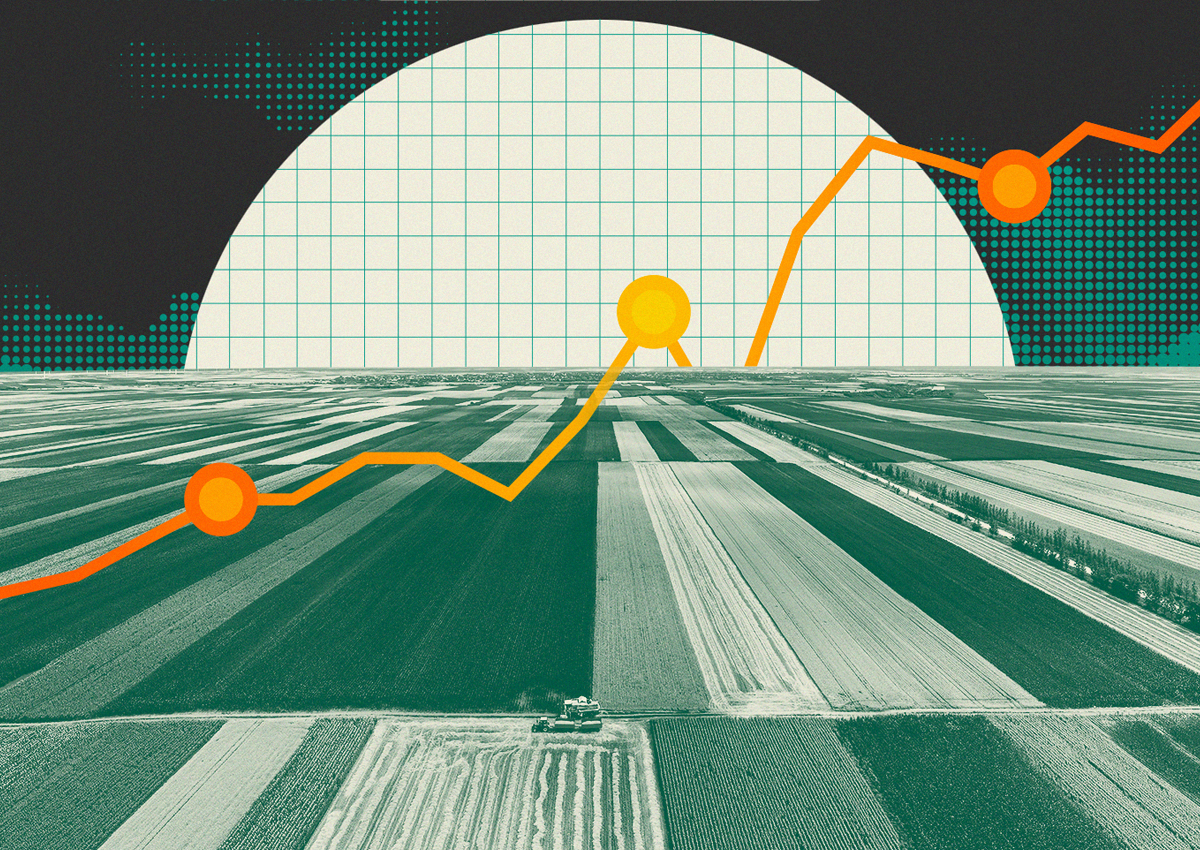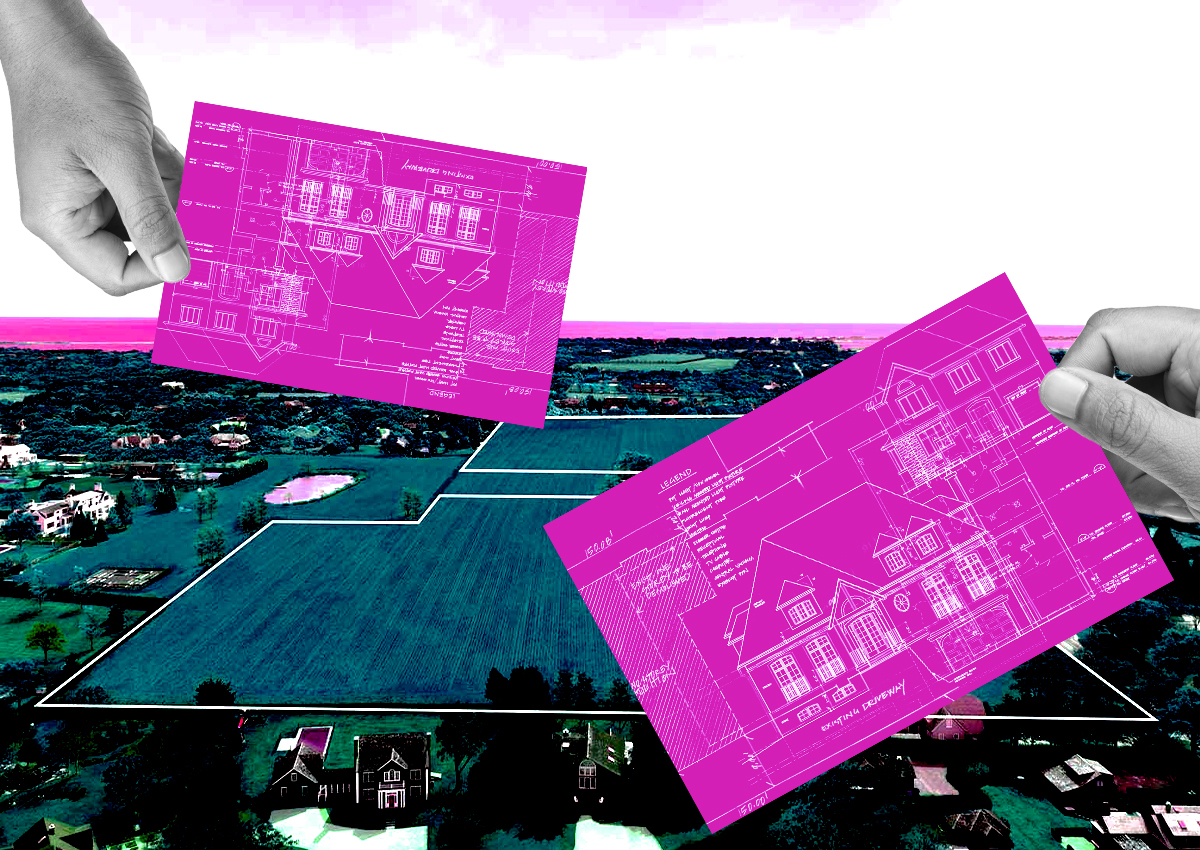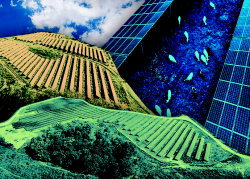New York farmland is popular with developers, who have been making offers that are too good to ignore to secure agricultural grounds for their residential and solar projects.
Developers purchased more than 253,000 acres of farmland in the Empire State between 2001 and 2016, State of Politics reported. The data comes from the American Farmland Trust, a nonprofit, which found urban and low-density conversions could take away up to 452,000 acres by 2040.
Of the land purchased by developers, 78 percent of those acres were converted to low-density residences, typically meaning single-family homes.
Farmers are being moved to sell or lease their land because of a myriad of factors harming the agricultural sector, including rising input costs, labor costs, inflation and pressure from inputs. For developers, that financial pressure has given them an opportunity to swoop in and grab land for ground-up projects.
One farmer with land in Baldwinsville said she is constantly approached by developers seeking to lease some of her 300 acres for solar power. Some solar companies are offering approximately $1,000 per acre to lease the land, often locking owners into 30-year leases.
While the situation could be a win-win for developers and farmers, the trend could have a massive impact on the food economy. The AFT projects the equivalent of 2,500 farms could be lost in the state, removing both a critical food source and environmental asset.
There are also concerns that too much farmland with prime soil — best for agricultural use — is going to developers who could conceivably build on ground with less agricultural benefits. Even if the land for solar production is only being leased, there’s no hard evidence it can be returned to agricultural use down the road.
There are some guidelines and proposals to keep such land out of the hands of developers. The state charges a mitigation fee if land containing soil of a certain quality is converted out of agricultural use. State Sen. Michelle Hinchey has proposed requiring the Office of Renewable Energy Siting to account for agricultural impact when looking at sites for energy facility development.
The math, however, suggests waylaid farmers may continue to make deals with developers. Michael Kalet, a Syracuse-based broker, said that high demand has changed the economics for all parties involved. He said state farmland for agricultural use goes for roughly $5,000 an acre, or a sixth of what it could cost for commercial use.
— Holden Walter-Warner
Read more



